Life
Sign up for our newsletter
We summarize the week's scientific breakthroughs every Thursday.
-
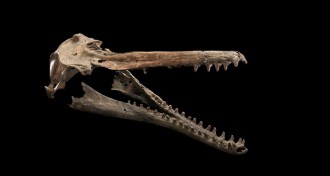 Paleontology
PaleontologyNew dolphin fossil makes a splash
A newly discovered dolphin fossil provides clues to the evolution of river dolphins in the Americas.
-
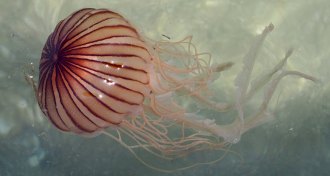 Animals
AnimalsSome jellyfish sting deeper than others
A new study shows that some jellyfish have nematocysts that can sting deep into the skin. That may explain why their sting is so painful.
-
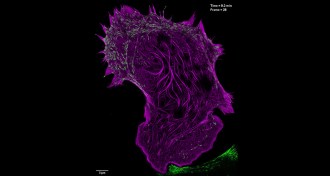 Life
LifeNew microscope techniques give deepest view yet of living cells
Two new microscopy techniques are helping scientists see smaller structures in living cells than ever glimpsed before.
-
 Life
LifeNew microscope techniques give deepest view yet of living cells
Two new microscopy techniques are helping scientists see smaller structures in living cells than ever glimpsed before.
-
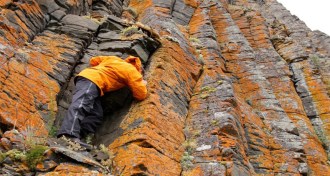 Earth
EarthVolcanic activity convicted in Permian extinction
Precision dating confirms that Siberian volcanic eruptions could have triggered the Permian extinction.
-
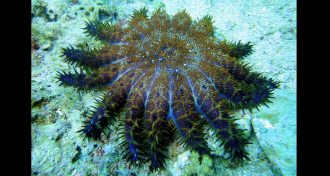 Animals
AnimalsCoral competitor becomes ally in fight against starfish
On the reef, algae compete with coral. But they may also protect coral from attacks by crown-of-thorns starfish, a new study finds.
-
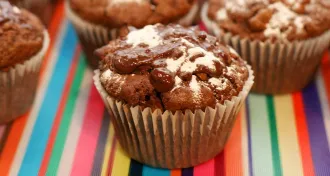 Neuroscience
NeuroscienceThe need to feed and eating for pleasure are inextricably linked
Scientists used to think that the hunger and the pleasure from food could be easily distinguished. But new results show these systems are inextricably intertwined.
-
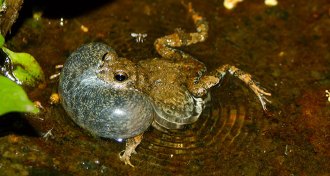 Animals
AnimalsDecoy switches frogs’ mating call preference
A female túngara frog may switch her choice between two prospective mates when presented with a third, least attractive option.
-
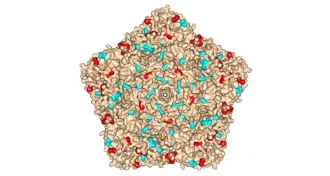 Health & Medicine
Health & MedicineVaccinated man excretes live poliovirus for nearly 3 decades
For almost 30 years, a man with an immune deficiency has been shedding poliovirus strains that have evolved from the version he received in a vaccine.
-
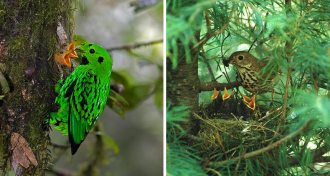 Animals
AnimalsTropical songbirds get their growth spurt late
Tropical songbirds are late bloomers, but that delayed development may give them an advantage after leaving the nest.
-
 Animals
AnimalsTropical songbirds get their growth spurt late
Tropical songbirds are late bloomers, but that delayed development may give them an advantage after leaving the nest.
-
 Genetics
GeneticsDNA architecture, novel forensics offer new clues
Going from theory to practice is always rife with problems, be it shifting from the sequence of DNA’s letters to observing its dynamic machinations or from an identity marker in the lab to a piece of courtroom evidence.
By Eva Emerson